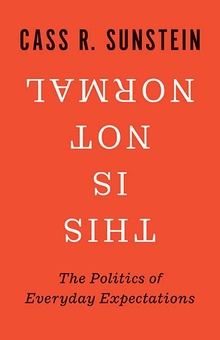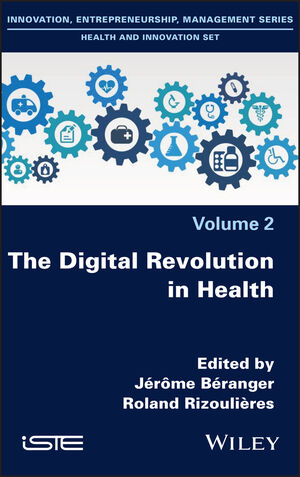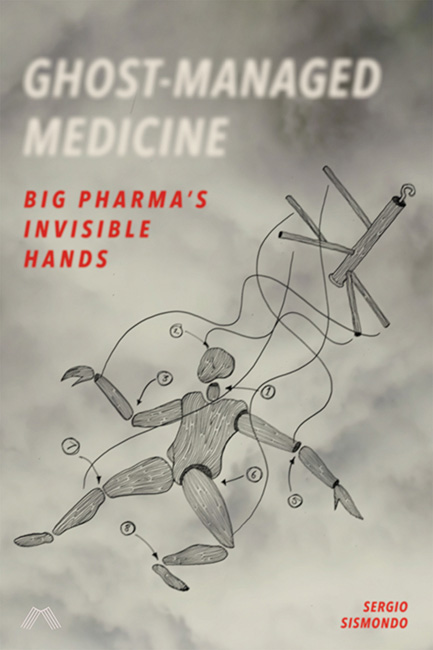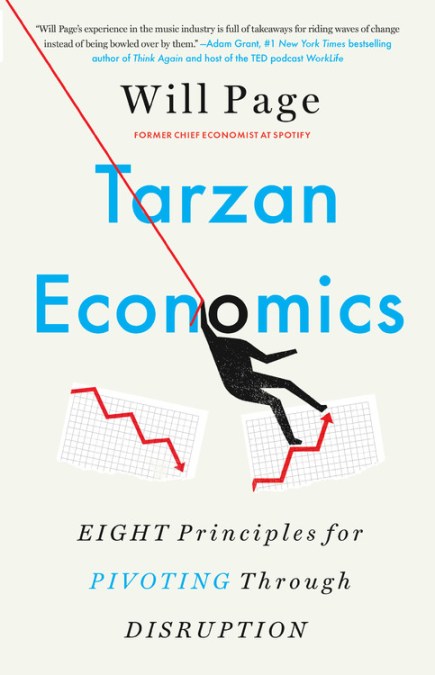Global Health Impact. Extending Access to Essential Medicines
From the last chapter:
Beyond Global Health Impact Labeling, Licensing, and Investment: Advancing Public Health
The book began by making the case for a human right to health and to access essential medicines, in particular. It defended the right against recent critics. The second section explained the Global Health Impact initiatives. The final section made the case for consuming things with Global Health Impact and similar ethical labels and considered empirical evidence that can support such initiatives.
More precisely, the first chapter suggested that everyone should have an enforceable legal human right to health that includes a right to access essential medicines to treat diseases like malaria, tuberculosis (TB), and HIV/ AIDS because it protects individuals’ ability to live minimally good lives. It sketched an account of the minimally good life that has some advantages over the main alternative. It argued that a basic minimum of health supports,
and may even partly constitute, such lives. Moreover, it argued that the right (partly because it generates a derivative right to access essential medicines) protects this basic minimum. So, the first chapter concluded that everyone should have an enforceable legal human right to health.
The second chapter argued that the human right to health can help claimants, advocates, and duty bearers find ways to fulfill everyone’s claims. Even if this right cannot provide guidance for distributing scarce resources, the chapter argued that we should not reject it; the human right to health provides hope that can foster the virtue I call creative resolve. The right inspires a fundamental commitment to finding creative solutions to apparently
tragic dilemmas; it gives claimants, advocates, and duty bearers a response to apparent tragedy in motivating them to search for ways to avoid it.
The third chapter presented some creative new ways to use data on global health to address the access to medicines problem. It suggested utilizing information about medicines’ global health consequences to create incentives for positive change. More precisely, it claimed that having something like the Global Health Impact index provides a mechanism for incentivizing pharmaceutical companies and other organizations to extend access to essential drugs and technologies around the world. It opens the door to fruitful social activism including ethical labeling, fair licensing, lobbying insurance companies to include Global Health Impact products in their formularies, and so forth.
The fourth chapter made the moral case for supporting a Global Health Impact labeling initiative, in particular. It argued that (1) pharmaceutical companies violate rights and (2) do not do enough to address the access to medicines issue, so (3) if the initiative helps rectify these problems, people should generally purchase goods from Global Health Impact– certified companies. A similar argument might support many other ethical consumption initiatives as well.
The fifth chapter defended the new perspective on how consumers should think about their basic economic powers supporting the book’s argument for purchasing Global Health Impact– labeled goods. It defended positive change consumption: Under just institutions, people can consume what they want as long as they respect the institutions’ rules. Absent such institutions, significant moral constraints on consumption exist. Against recent critics, it argued that consumers can aim at democratic change but need not always do so. emocratic constraints may prevent truly positive change; but, at the same time, democracy is important for bringing about such change. Although people can promote democracy, they can also promote other positive processes and outcomes.
This book’s final chapter considered how examining the prospects for Global Health Impact initiatives might expand traditional philosophical inquiry’s domain. It presented a proposal for testing consumers’ willingness to make decisions based on a Global Health Impact label. The basic idea is to put a Global Health Impact label on a few over- the- counter products and to collect data on changes in consumers’ willingness to purchase these products compared to otherwise similar products from sales.










